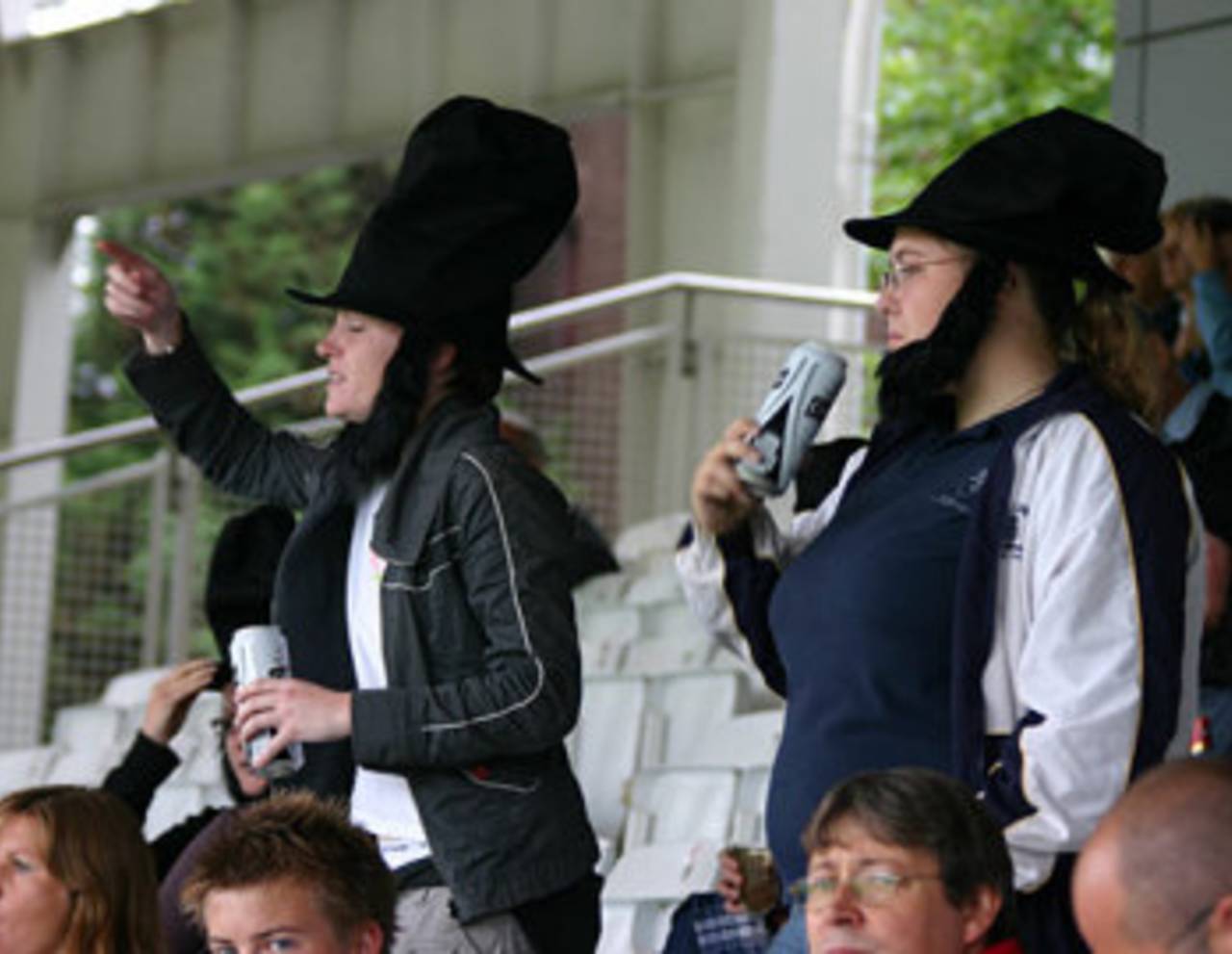The wild world of cricket on the Net
When my desire to engage in a conversation with them and express my thoughts about the game grew too strong, I took up blogging
Samir Chopra
25-Feb-2013

Will Luke
I found Michael's piece on the desirability of looking beyond national boundaries in one's cricket appreciation quite thought-provoking, especially since the appeal was being made on the Internet, which has done a fair amount to both stoke and assuage nationalist frenzy in cricket fans worldwide. My relationship with the Net in this regard is a love-hate one. While it has certainly made possible contact with a larger body of cricket fans (with all the attendant benefits of travel when it comes to exposure to different cultures) it has also enabled a particular kind of xenophobic conversation that is extremely dispiriting.
Before I moved to the US, I had met very few cricket fans from other countries. A couple of Australian and English friends and acquaintances were the extent of my contact. My exposure to other cricketing cultures was largely a textual one: books, magazines and the like. I saw players and grounds on television, read about them, made up fantasies about how I imagined them to be. (Thus Australia was always sunny; imagine my shock when I found that Melbourne in August was nasty, cold and wet.) But moving to the US changed matters. I now met cricket fans from other countries in the flesh, talked to them, asked them about their favourite players and grounds, told them about mine, and traded the odd "favourite cricket moment" story and so on. Going online to talk about cricket (this was in the late 1980s) further changed things.
I met cricket fans here too. But the medium of conversation was very different, and the nature of the conversation radically so. The anonymity of the net, the speed and size of the distribution of messages, the 24-hour asynchronous link all led to a conversation that was rich with a diversity of insights, factual detail, analysis, and unfortunately infected by a great deal of rudeness, misunderstanding, and invective. The flame war was, as far as electronic conversations on cricket were concerned, an early, persistent, and tiresome companion. And the content of the flame wars was not just passionate disagreement; it quickly degenerated into xenophobia, chauvinism and deliberate ignorance. For cricket has its nationalist lines, most clearly visible in the teams and the fans that support them. These lines can be exhausting ones; I stopped reading cricket discussion fora for a very long time because I had become worn out by constant exposure to nationalist bickering. While I enjoyed reading a lot of the material (and being exposed to the passions of other cricket lovers) too much of it was trapped in a sludge of juvenilia.
I am not the first (nor will I be the last) to note that the Internet has its good side and its bad side. As a medium for getting in touch with an international community of fellow cricket lovers it remains unparalleled. When my desire to engage in a conversation with them and express my thoughts about the game grew too strong, I took up blogging. For the expat cricket lover, it is the only way to maintain one's sanity. But that doesn't mean it cannot exacerbate misunderstandings, shade subtlety and often lead to more corroded discourse. And at this present time, with the game facing a critical moment that could affect its future, it behoves us to try and evolve a conversation online that could approximate our favourite moments offline. Which in my case are talking about the cricket, while at the cricket, with a cold one close by. If only our Internet encounters could be as mellow.
Samir Chopra lives in Brooklyn and teaches Philosophy at the City University of New York. He tweets here